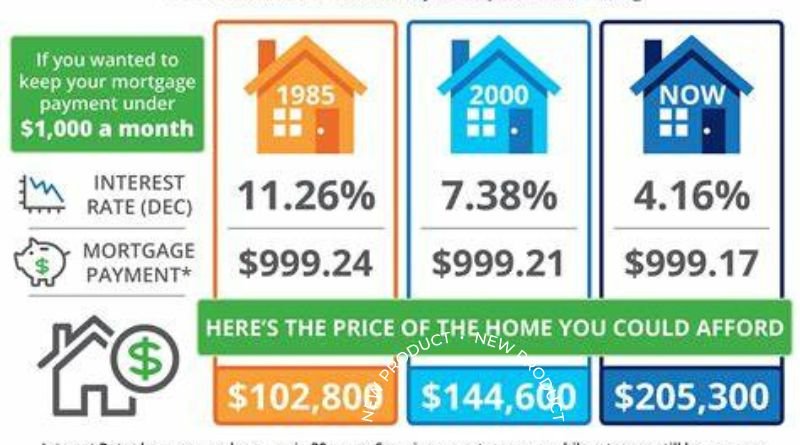The commercial real estate market is an essential component of any economy. It is a sector that deals with income-producing properties such as office space, retail centers, and industrial parks. As with any industry, commercial real estate is affected by various factors influencing supply and demand, including interest rates. Interest rates are the cost of borrowing money and are set by central banks to regulate the economy’s growth and inflation. The impact of interest rates on commercial real estate is significant and can influence the market in multiple ways.
The Effect of Interest Rates on Capitalization Rates
Capitalization rates, or cap rates, are a crucial metric used in the commercial real estate industry to determine the value of income-producing properties. Cap rates are calculated by dividing the net operating income of a property by its market value. Interest rates can have a direct impact on cap rates. As interest rates rise, cap rates tend to increase as well. This is because investors demand higher returns on their investments to compensate for the increased cost of borrowing money. Conversely, as interest rates decrease, cap rates tend to decline as well.
Financing and Leverage
Financing is a vital component of commercial real estate transactions. When interest rates are low, it is easier to obtain financing as the cost of borrowing is lower, and investors can take on more debt. This increased access to financing can lead to higher demand for commercial real estate properties, as investors can leverage their money and purchase more properties. On the other hand, when interest rates are high, financing becomes more expensive, which can limit investors’ ability to obtain financing and reduce demand for commercial real estate.
Impact on Property Values
Interest rates can also impact the value of commercial real estate properties. When interest rates are low, investors can obtain more favorable financing terms, which increases the amount of money they can borrow to purchase properties. This increased demand can drive up property values, benefiting property owners. However, when interest rates rise, the cost of borrowing increases, limiting the amount of money investors can borrow to purchase properties. This decrease in demand can lead to a decline in property values.
Header 5: The Impact of Interest Rates on Tenant Demand
Interest rates can also affect tenant demand in the commercial real estate market. When interest rates are low, businesses may be more inclined to expand and lease additional office or retail space. This increased demand can lead to higher rents and property values, benefiting owners. Conversely, when interest rates rise, businesses may be less inclined to expand and may instead focus on reducing their debt load. This decrease in demand can lead to a decline in rents and property values.
The Impact of Interest Rates on Development
Interest rates can also impact the development of new commercial real estate properties. When interest rates are low, developers may be more inclined to take on new projects as the cost of borrowing is lower. This increased development can lead to a higher supply of commercial real estate properties, driving down property values and rents. Conversely, when interest rates are high, developers may be less inclined to take on new projects due to the increased cost of borrowing. This decrease in development can lead to a lower supply of commercial real estate properties, which can drive up property values and rents.
The Impact of Interest Rates on Refinancing
Interest rates can also impact the refinancing of existing commercial real estate properties. When interest rates are low, property owners may be more inclined to refinance their existing debt to take advantage of more favorable financing terms. This increased refinancing activity can lead to a decrease in property values and rents, as property owners can reduce their debt service payments. Conversely, when interest rates are high, property owners may be less inclined to refinance as the cost of borrowing is higher. This decrease in refinancing activity can increase property values and rents, as property owners are forced to maintain their existing debt service payments.
In conclusion, interest rates play a significant role in commercial real estate market intelligence. The cost of borrowing money can influence supply and demand, cap rates, financing and leverage, property values, tenant demand, development, and refinancing. Investors, property owners, and developers must understand the impact of interest rates on the commercial real estate market to make informed decisions. While interest rates fluctuate, understanding their influence can help mitigate risks and capitalize on opportunities. The retail real estate market will continue to evolve, but interest rates will remain a critical factor in determining its health and growth.






